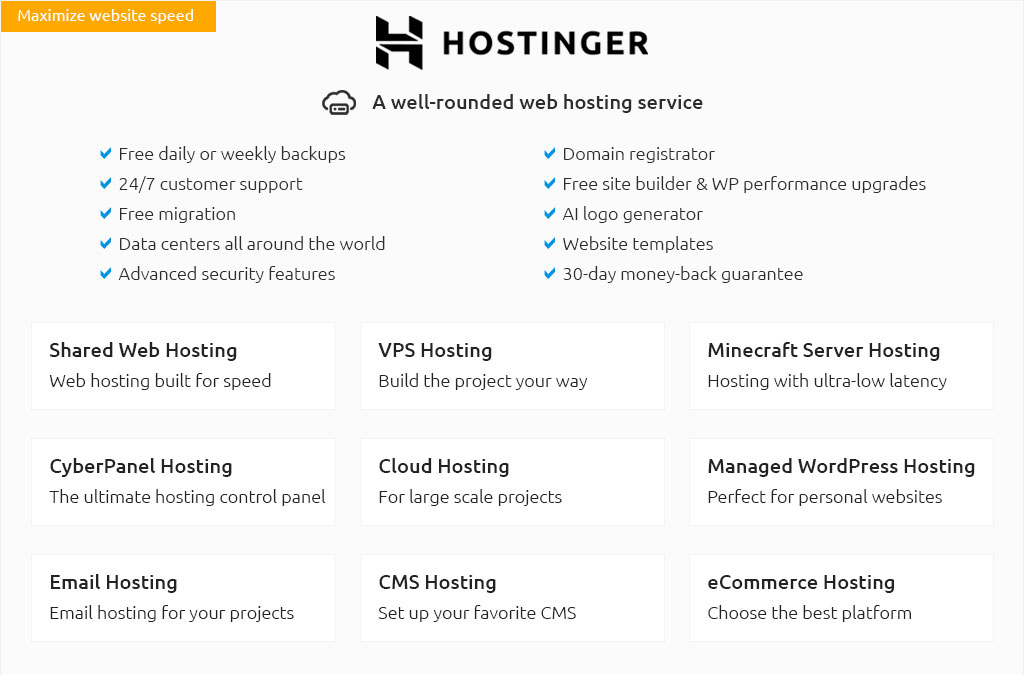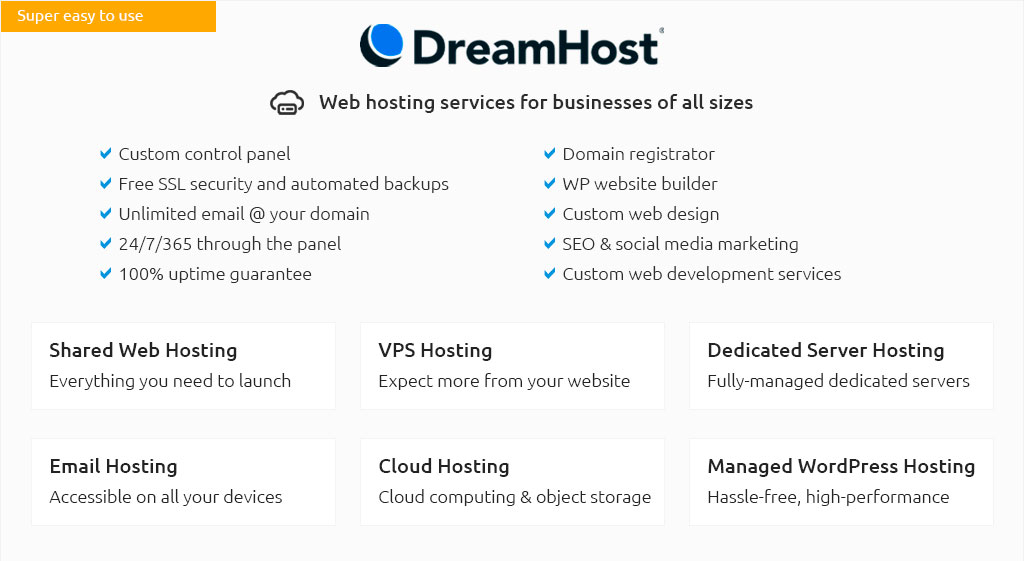 |
|||
 |
 |
 |
|
 |
|
 |
 |
 |
|||
 |
|||
 |
|||
 |
|||
 |
 |
Best Web Hosting Review: Navigating Your OptionsIn the ever-evolving landscape of digital presence, choosing the right web hosting provider can be a daunting task, riddled with complex decisions and a plethora of choices. As we delve into the realm of web hosting, it becomes evident that there are several key factors to consider, each carrying its weight in determining the most suitable platform for your needs. This review aims to shed light on some of the best options available today, while subtly interweaving opinions that might guide your choice. Reliability and Uptime are crucial when selecting a web host. The importance of a stable, uninterrupted online presence cannot be overstated, especially in a world where downtime can equate to lost revenue and diminished user trust. SiteGround and Bluehost have both garnered reputations for their impressive uptime records, boasting figures often exceeding 99.9%. This reliability is backed by robust infrastructures and a commitment to minimizing outages, making them worthy contenders in the realm of dependable hosting solutions. Another critical aspect to consider is customer support. In moments of technical difficulty, swift and effective support can be the difference between prolonged frustration and a quick resolution. A2 Hosting and HostGator are frequently praised for their responsive customer service, offering 24/7 support through various channels including live chat and phone, which can be invaluable to both novices and seasoned webmasters alike. For those prioritizing speed and performance, InMotion Hosting and GreenGeeks emerge as strong candidates. Speed is not only a user experience factor but also an SEO criterion, making it imperative to opt for a host that can deliver fast loading times. Utilizing SSD storage, CDN capabilities, and optimized server configurations, these providers ensure that your site performs optimally even during traffic spikes. When it comes to pricing and scalability, affordability must be balanced with future growth potential. Hostinger offers competitive pricing structures that are particularly appealing to startups and small businesses. However, as your site grows, the ability to scale resources efficiently becomes paramount. Here, Amazon Web Services (AWS) and Google Cloud provide flexible, scalable solutions that can adapt to the changing needs of your business, albeit at a potentially higher cost. Security is another non-negotiable element in web hosting. With the increasing prevalence of cyber threats, a host’s ability to safeguard your data and maintain robust security protocols is essential. DreamHost and Kinsta stand out for their proactive security measures, offering features such as automated backups, SSL certificates, and malware scanning to keep your site secure. Finally, the significance of eco-friendly practices should not be overlooked in today's environmentally conscious climate. GreenGeeks takes the lead in sustainable hosting by investing in renewable energy credits and maintaining carbon-neutral operations, providing an option for those looking to reduce their carbon footprint without compromising on quality. In conclusion, the best web hosting service ultimately depends on your specific requirements and priorities. Whether it's reliability, support, performance, affordability, security, or sustainability, each provider brings its unique strengths to the table. Evaluating these factors against your own needs will help illuminate the path to the most fitting choice, ensuring that your online presence is both robust and resilient. https://www.cnet.com/tech/services-and-software/best-web-hosting/
Web host comparison ... Hostinger is a fast-growing web hosting company that earned top marks in our hands-on Hostinger review thanks to its ... https://www.quora.com/Where-can-I-leave-reviews-on-hosting-companies
Try on Web Hosting Top worldwide providers & reviews 29,000 brands ( whtop.com ) , which is specialized on web hosting companies from 2004. https://www.quora.com/What-are-some-honest-reviews-on-hosting
One is with Hostgator, they are good in pricing wise as they offer huge discounts on their initial purchase. Speed is good, easy to use cpanel, ...
|